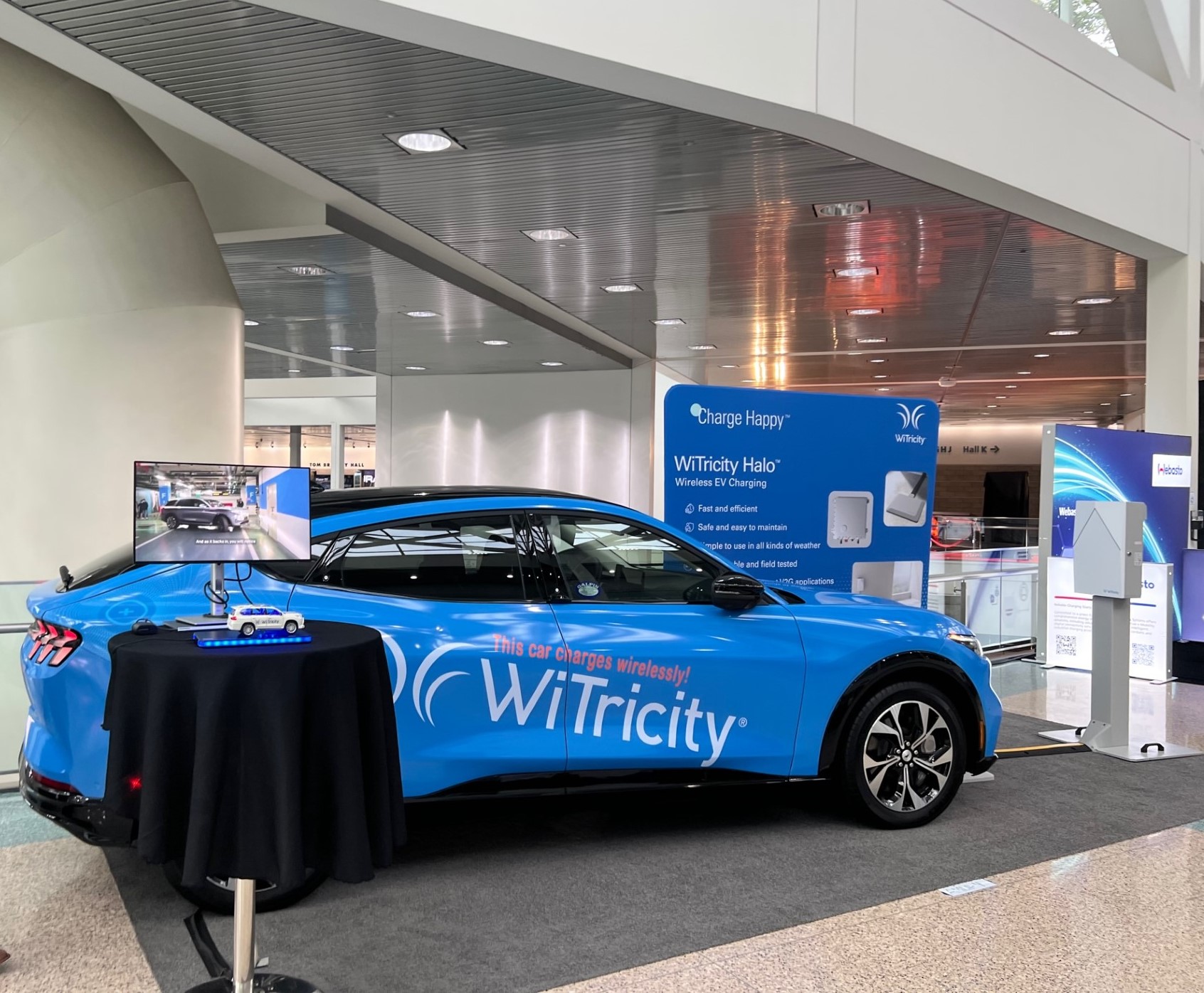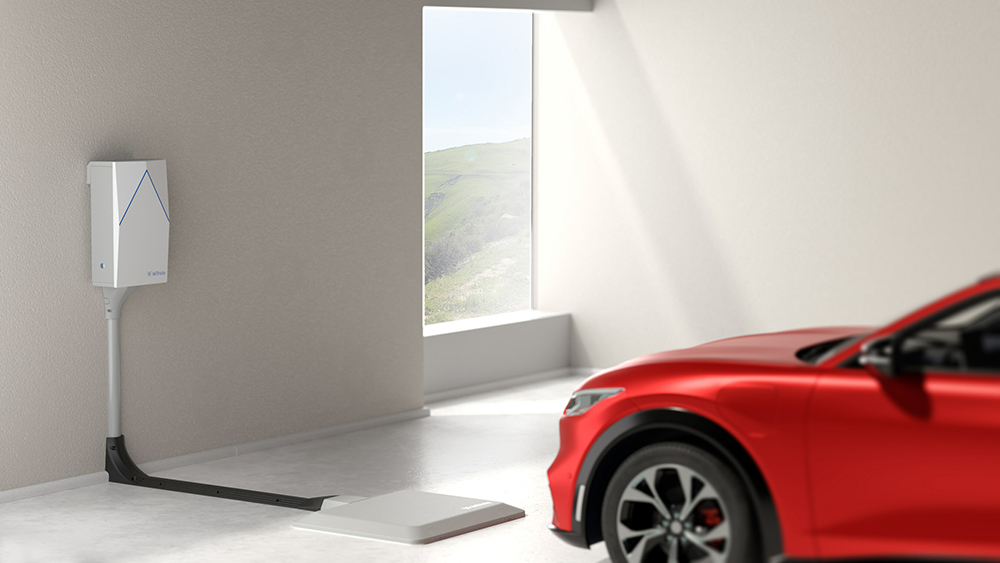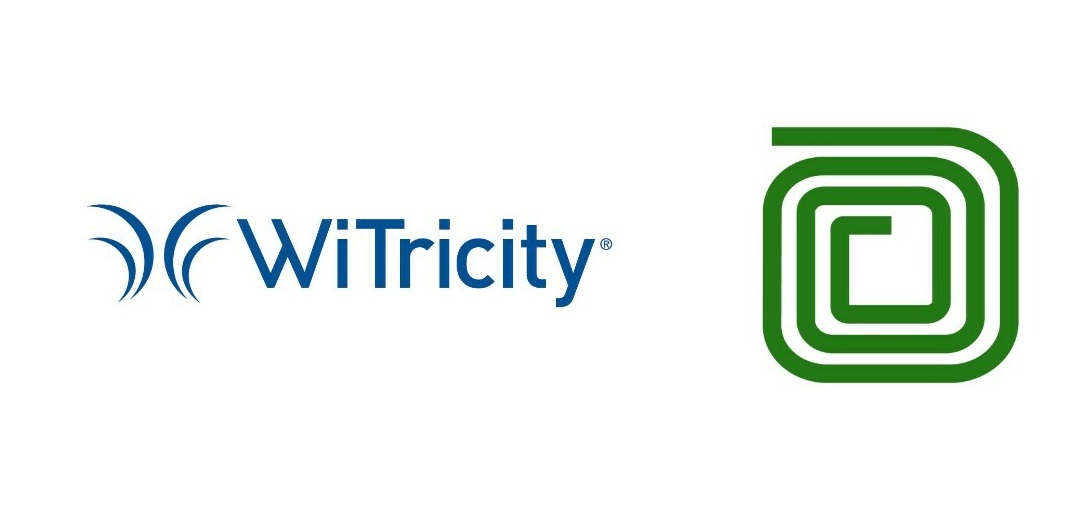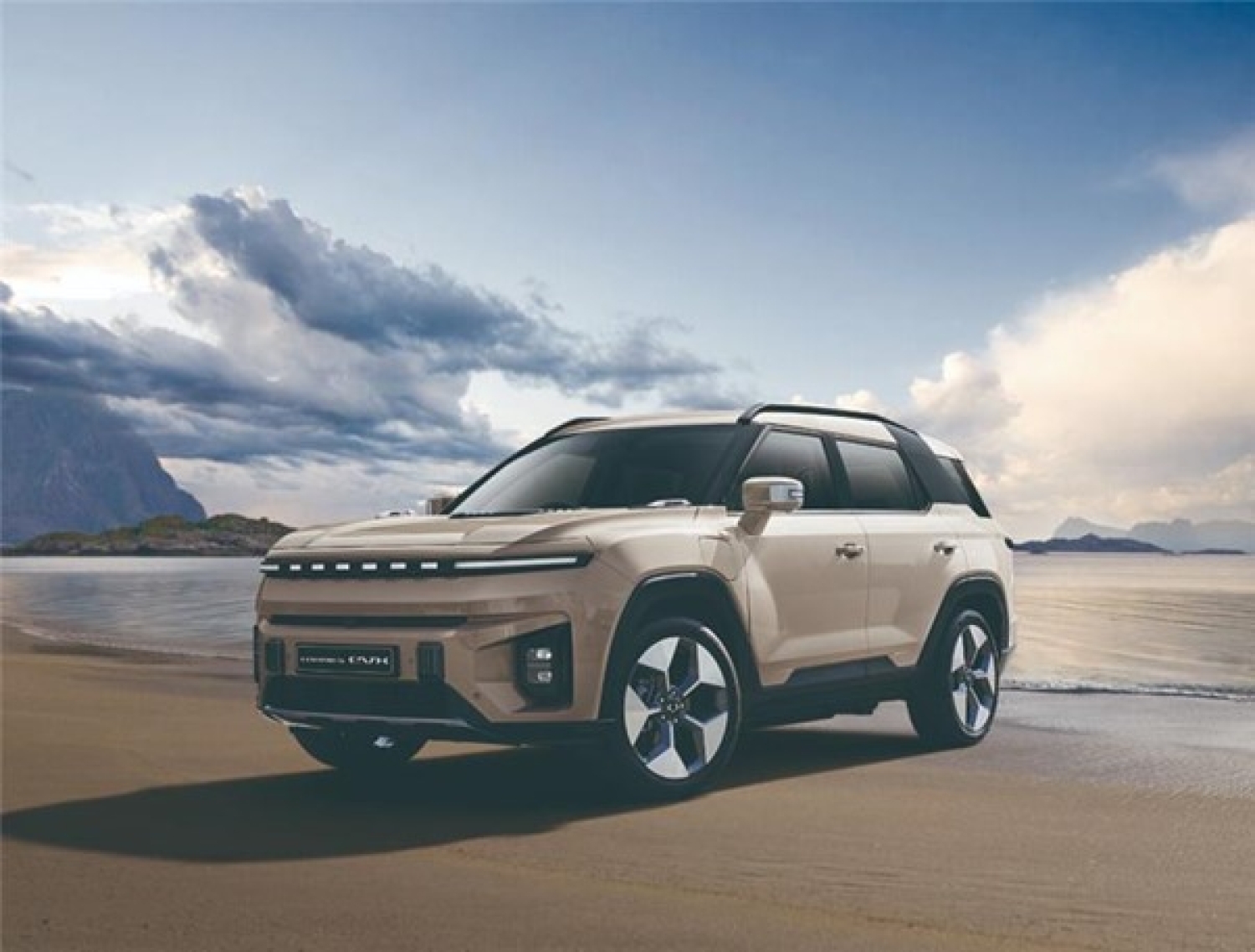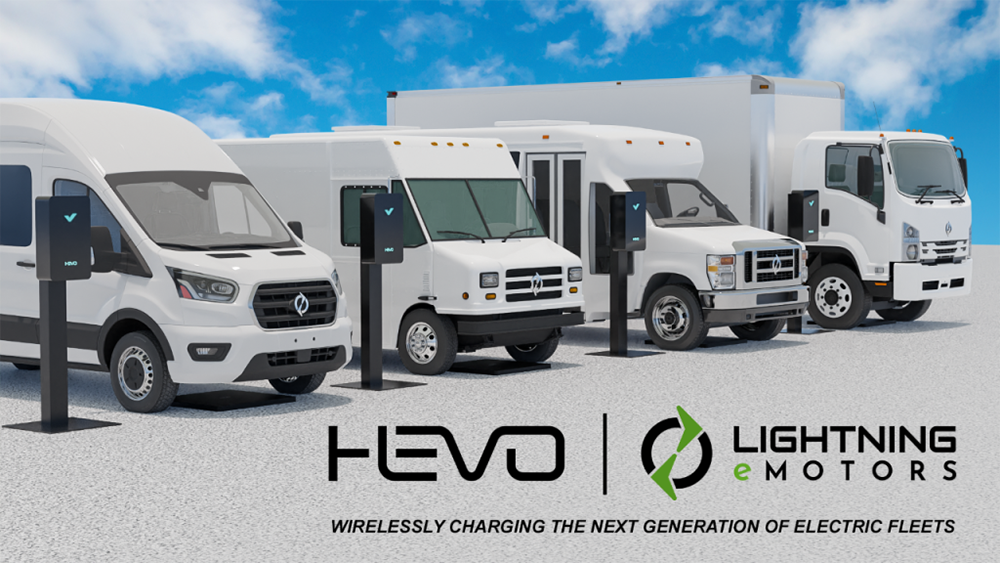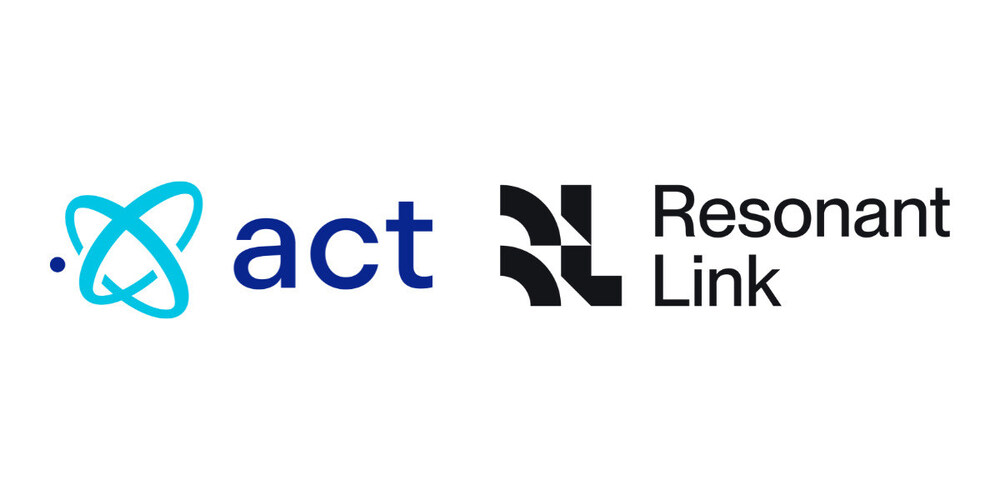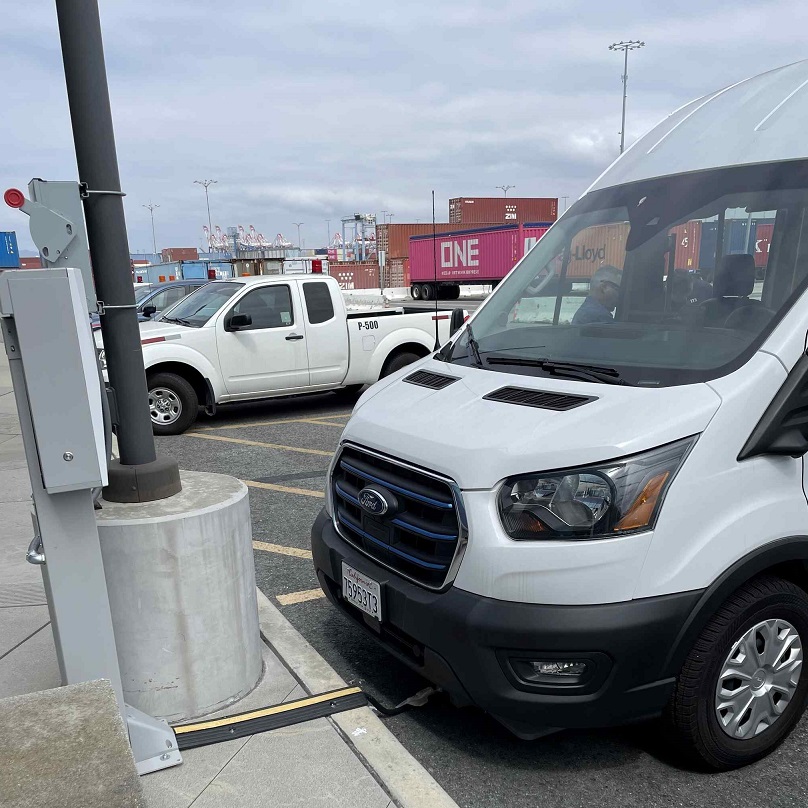
The six-month program will test the effectiveness and efficiency of WiTricity's patented wireless charging technology in real-world conditions.
This initiative will allow ITS to assess the effect of wireless charging on operational costs as it electrifies its light-duty fleet. It also highlights two significant firsts: the first wirelessly charged Ford E-Transit using WiTricity technology, and the first collaboration between WiTricity and ITS showcasing WiTricity's Halo wireless EV charging system in a practical fleet setting.
WiTricity's wireless chargers will power a portion of ITS's light-duty fleet, which is used for transporting staff and visitors around the busy terminal. The data collected will guide ITS as it moves forward with plans to fully electrify its light-duty fleet.
WiTricity's technology allows EVs to be charged simply by parking over a charging pad, offering the same speed and efficiency as a standard Level 2 plug but with enhanced convenience, reliability, and safety.
"The International Transportation Service pilot program will yield meaningful real-world data on the benefits of our wireless charging for fleets," said Joe Benz, CEO of WiTricity. "Our WiTricity Halo wireless EV charging platform unlocks significant potential for commercial deployments, offering seamless, efficient charging that improves safety, reduces costs, and optimises workflow. This pilot program is a great first step to help ITS minimise the total cost of ownership of electrifying its fleet."



